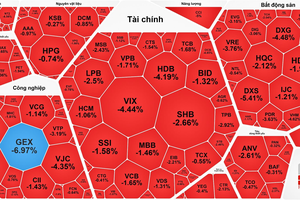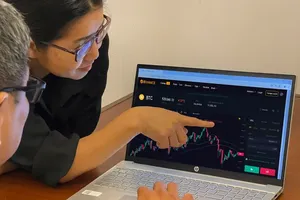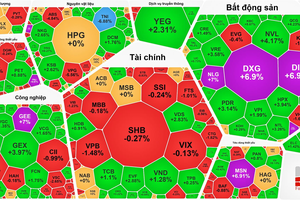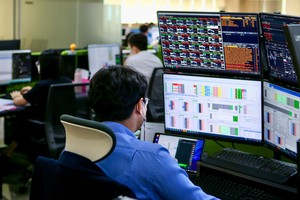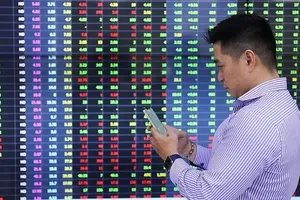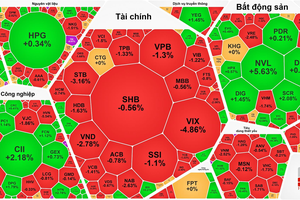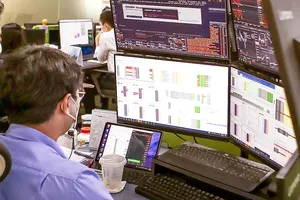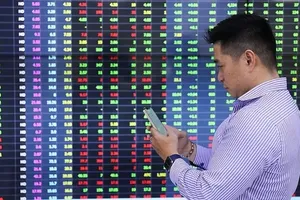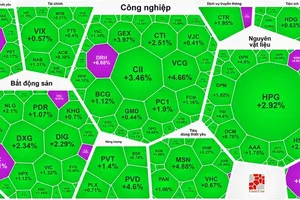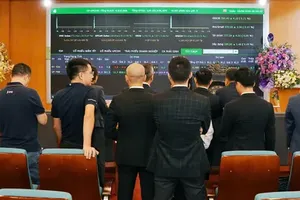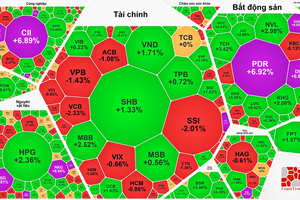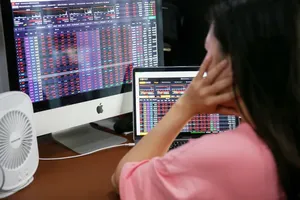Efforts to improve competitiveness, diversify the range of products and reduce trading fees of the stock market have seen the State Securities Commission of Vietnam (SSC) set up three options of restructuring the market.
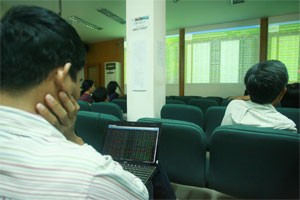
The first option is to merge the Ho Chi Minh and Hanoi Stock Exchange into one, of which the trading exchange will be in either Ho Chi Minh City or the capital city.
Experts noticed that the plan will lead Vietnam’s stock market to follow a similar pattern of markets around the world, which focus on merging to expand the scale, boost the competitiveness and increase the range of trading services.
The option will also reduce administrative expenses of the stock exchange and help lower trading costs for investors, they expect.
SSC suggested in the second option that it would set up only one bourse with many subsidiaries including Ho Chi Minh and Hanoi exchanges and the securities depository center.
The option requires an establishment of a stock exchange corporation and an equitization of subsidiary bourses with the government holding controlling stakes.
The last option is to two markets including stock and bond market.
Le Hai Tra, member of the board of directors of the Ho Chi Minh Stock Exchange, said a merger of the two bourses will create a large exchange applied only one technology system, which will help cut expenses.
However, without proper surveys and good preparations, the first option will likely to mess up the market, Tra warned.
Experts said it is very risky to shut down a capital market as both Hanoi and HCMC are the country’s two largest economic hubs. They also worried that the merger will bring down the competitiveness.
Nguyen Thi Hoang Lan, deputy general director of the Hanoi Stock Exchange, said the second option will enable the stock exchanges to apply only one technology system, but she doubted the stock exchange corporation will grapple to manage its subsidiaries.
It will also leave the stock market watchdog struggling to share the responsibility to every levels of the corporation, Lan said.
Some financial experts noticed that the last option will see the stock and bond market be more independent of one another, which is contrast to the global trend of cooperating to boost competitiveness.
“Surveys show no model of stock market around the world is entirely adequate for Vietnam. We should mix the models to find the appropriate one for Vietnam’s stock market,” Dr. Nguyen Son, head of the State Securities Commission’s market development division, told Dau Tu Tai Chinh Newspaper.
The benchmark VN-Index has lost 5 percent over the past two months. Market analysts said ongoing concerns over inflation and lower post-audit earnings of listed companies have kept investor confidence and market liquidity in the lower brackets.
